
Waste not, want not
What happens when the hardware behind Australia’s renewables revolution reaches the end of its life?

What happens when the hardware behind Australia’s renewables revolution reaches the end of its life?
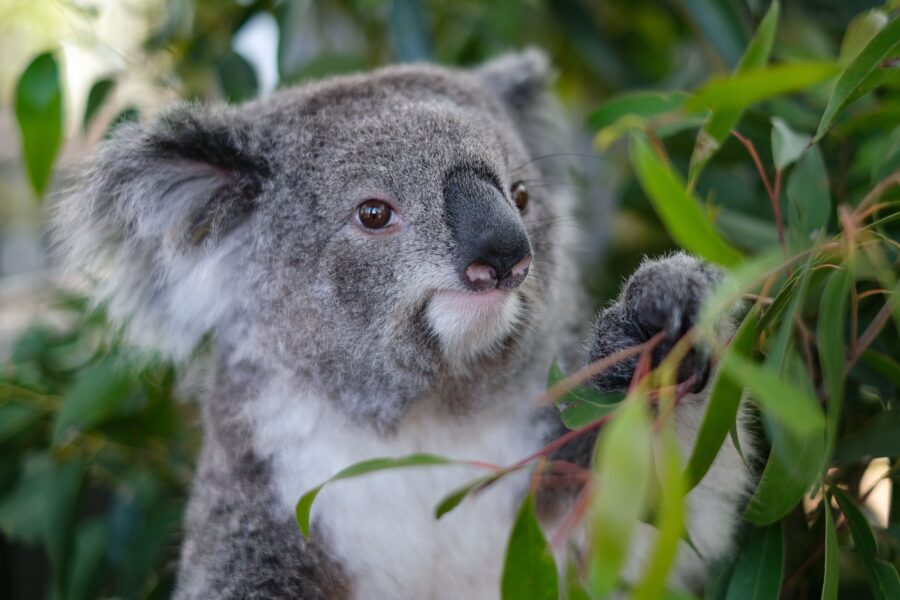
Australian conservationists are celebrating one of their biggest wins ever, after the NSW Government announced yesterday that a much-anticipated Great Koala National Park (GKNP) on the New South Wales Mid North Coast will finally go ahead.
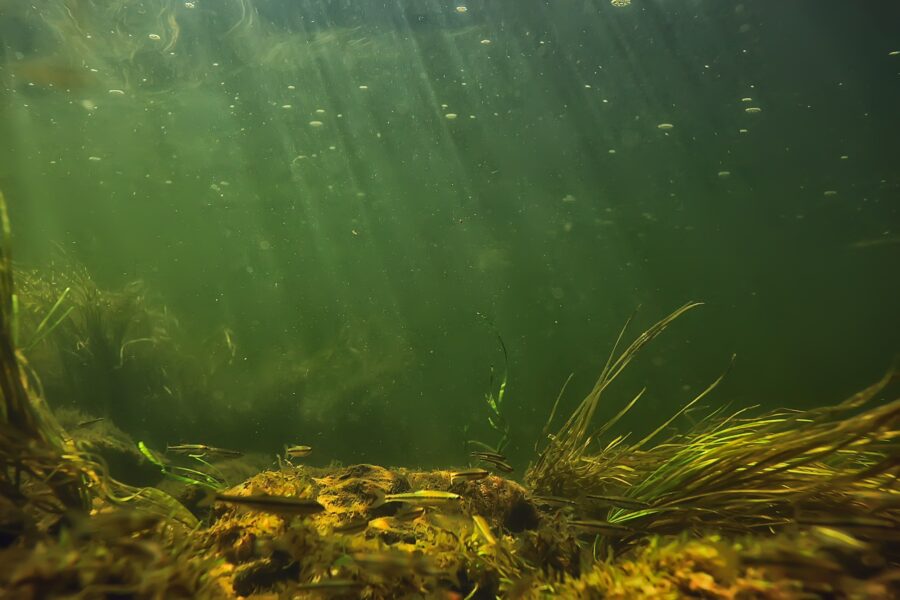
Beneath the water is a soundscape of clicks, pops and hums that most of us never hear.
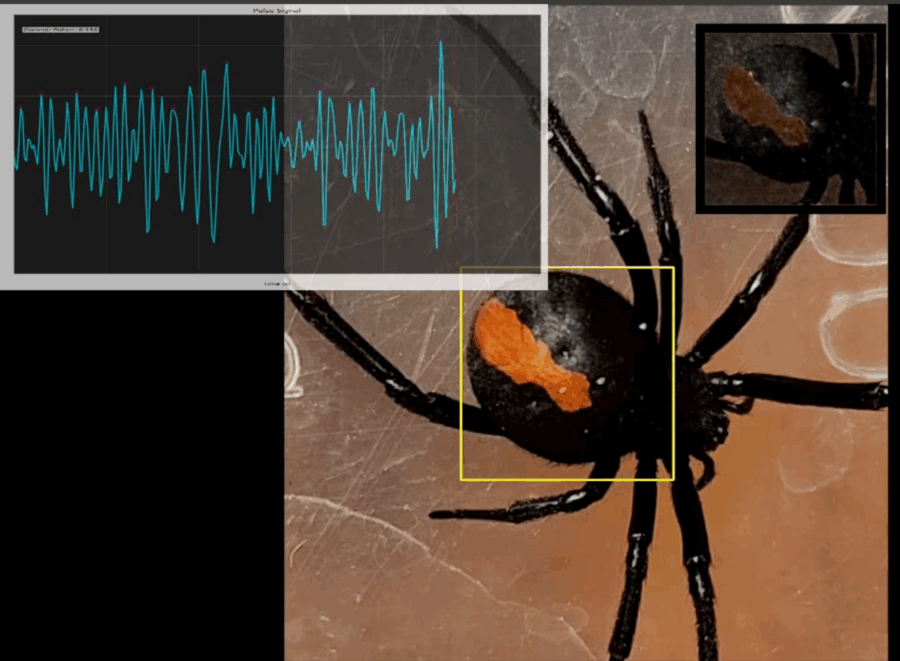
Measuring our own heart rate seems like a straightforward idea, but how would you go about taking the pulse of a grasshopper or a spider?
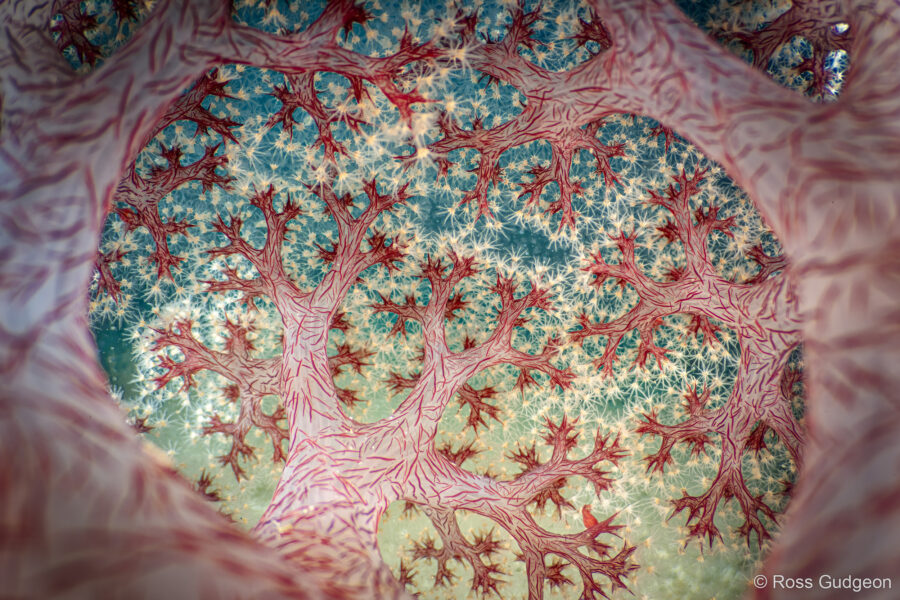
The winning images of the 2025 Australian Geographic Nature Photographer of the Year awards have been announced, showcasing our natural world across the ANZANG bioregion – Australia, New Zealand, Antarctica and New Guinea.
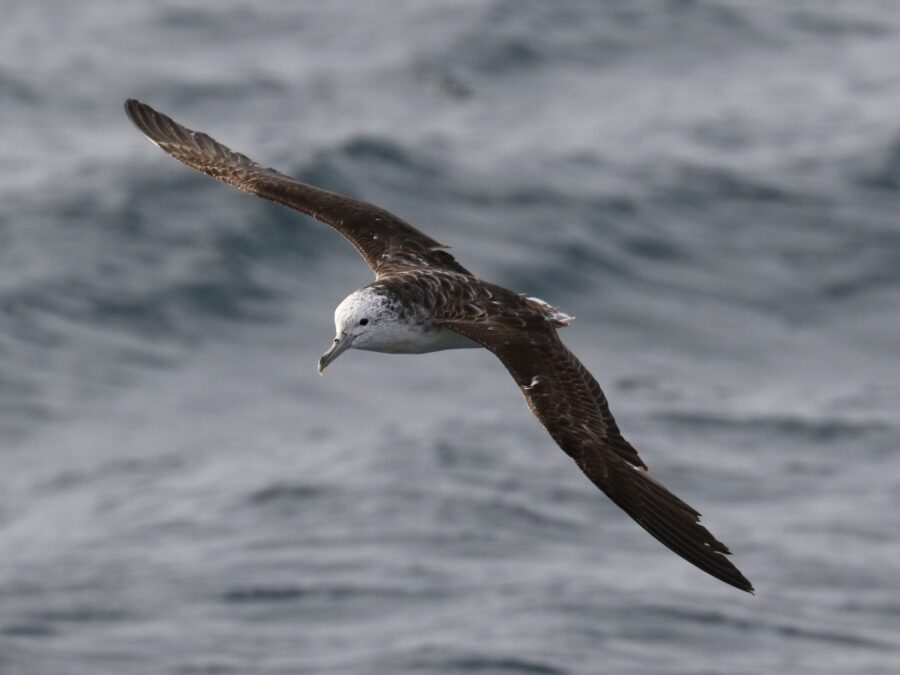
Researchers studying streaked shearwaters were surprised by their own discovery.
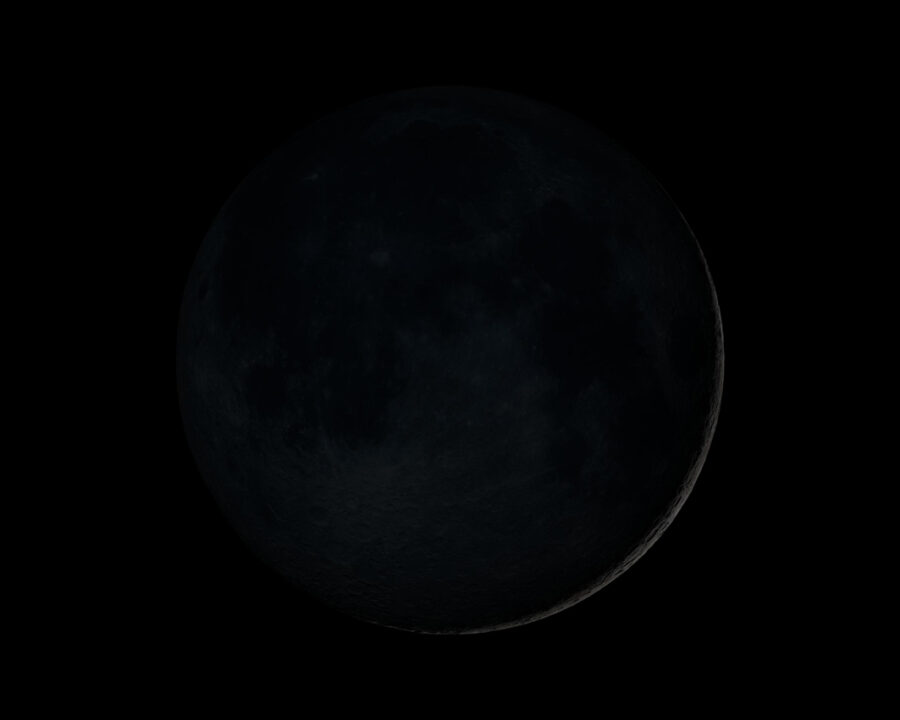
There’s been a lot of buzz online about the August ‘black moon’ that occurred at the weekend. But what exactly is it?
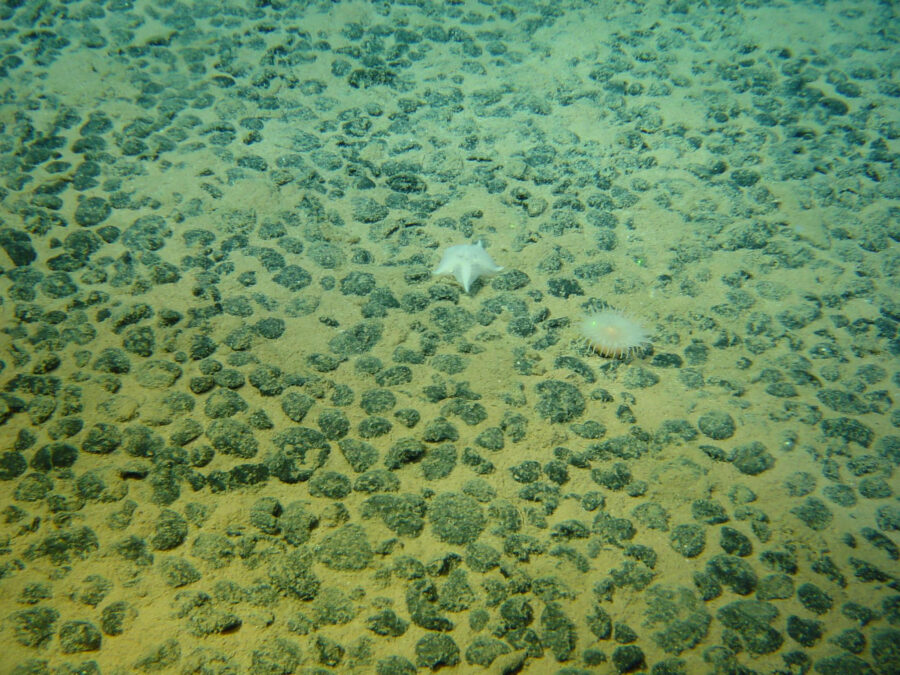
The risks of mining the deep ocean floor are just too high. Australia should back a global moratorium on mining activities at the bottom of the ocean, argue marine ecology experts Professor Jessica Meeuwig and Professor Callum Roberts.

Our changing climate means homes and workspaces also need to change. By retrofitting buildings, we can create healthier, more sustainable urban spaces.
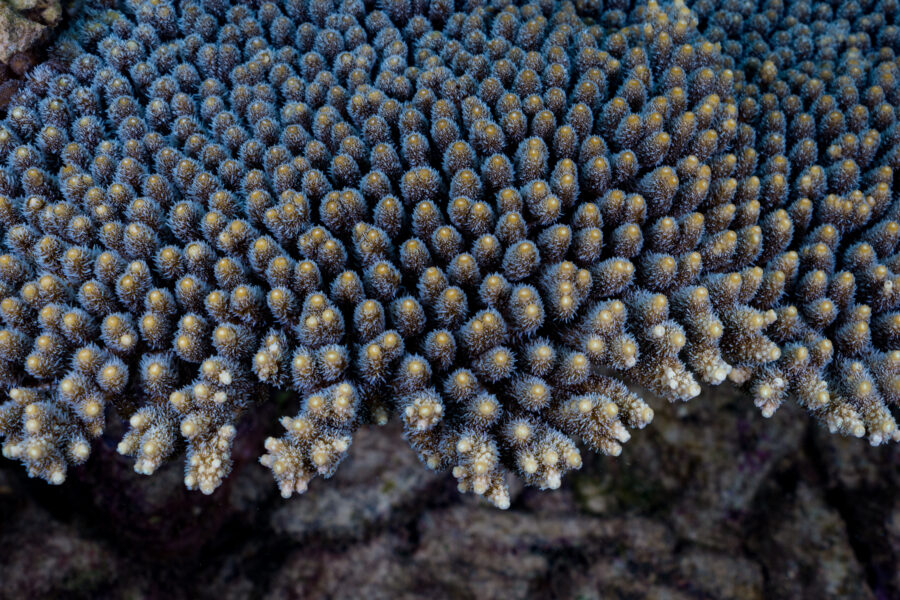
The recent discovery of five new coral species around the Indo-Pacific could have critical implications for management of the Great Barrier Reef and other reefs, according to the scientists behind the findings.